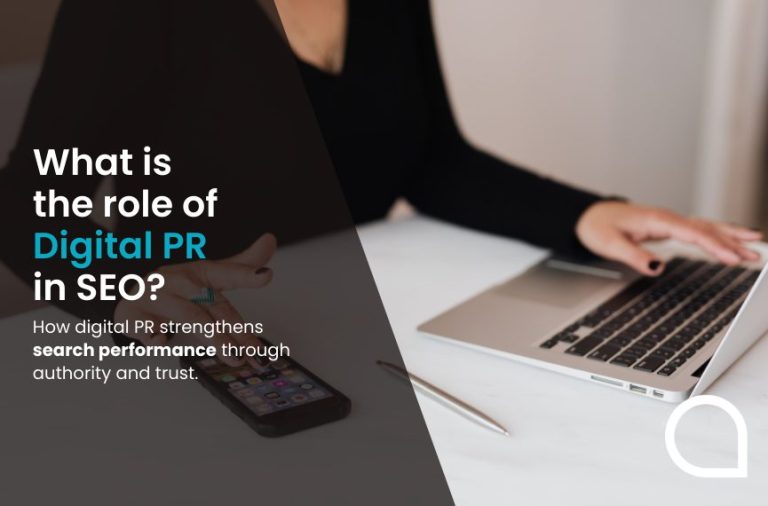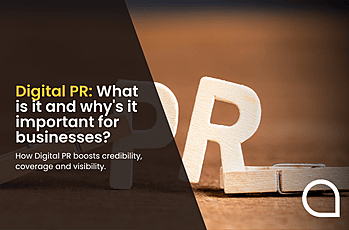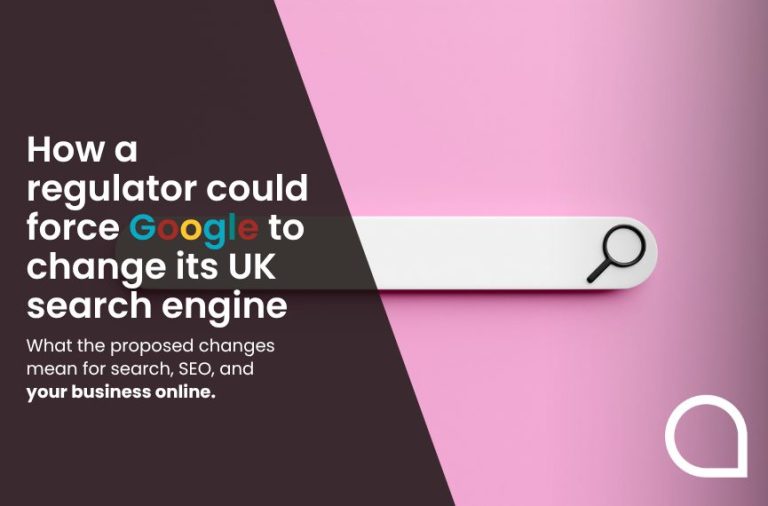Yesterday saw the introduction of the new Google shopping channel in the UK, bringing a development from the US over here for the first time.
The idea is simple, to make the shopping experience better for end users by presenting data in a structured format which is more helpful. To do this Google now requires businesses to supply a new feed of product data and attributes to which a monetary bid value can be added. Sounds good so far? So as a business you need to let Google know which products you want to sell and then bid on how much you would be prepared to pay per click for people to see your products. And the suggested starting bid as of yesterday for all businesses was 10p.
But when you consider that most online businesses with e-commerce stores will have between 2,000 and 20,000 product lines that need to be promoted and suddenly this becomes a vast blank cheque. Previously you could upload all your items in a feed to the shopping channel for free but now with this new system whilst it still costs nothing to upload them, if anyone actually clicks on your product Google will charge you.
Yesterday we were experimenting for one customer and found that the minimum bid price we had to enter for one of their products to show was £1.50 a click, as anything less than that and only their competitors were showing.
Now, of course, you can’t expect Google to continue to offer something like this for free, after all, it is a business and in business to make money. And they have now changed the results page to show these product ads nice and prominently at the top of the listings, which should actually encourage buyers to click on them. But what does this do to the smaller retailers in this country?
Yesterday, in many of the categories we tried, the only adverts showing were for eBay, with all the smaller retailers being crowded out. Most businesses we know simply don’t have the resources to be able to bid and of course, that means that even though they may offer a better price and service than some of the bigger retailers, you’ll never know because you won’t see their product ads.
So apart from the fact that this system now removes what was a reasonably level playing field and replaces it with one which favours businesses with deeper pockets, it also becomes Google’s new licence to print cash. Even at 10p a click, the first 1,000 clicks will cost you £100. Many e-commerce businesses get thousands of clicks a day and right now they have no ideas how much this is going to cost them, nor if in suddenly having to pay Google to advertise like this, the products will remain profitable.
There’s a lot more work to be done on this but we’ll keep you updated.





